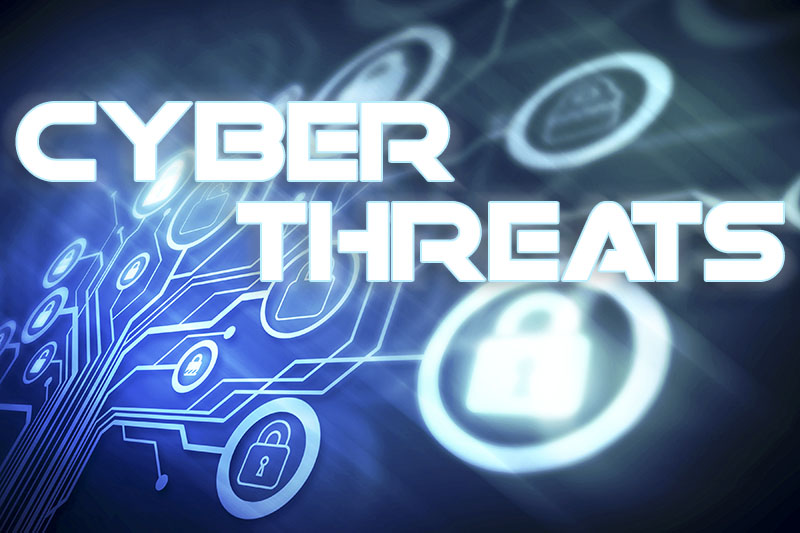
By Dale Tyler, National Roofing Partners
It is important to understand the threat of cyber-attack and how important it is to protect digital assets and access. With a strong focus on technology solutions, NRP works with close to twenty different portals including the NRP Customer Portal to exchange information with national corporate accounts. Security is of paramount importance when providing uninterrupted access and data that results in scalable and sustainable long-term roofing service, maintenance and replacement.
Per a recent report from Experian, a global information services group, businesses can expect to see an increase in the number and severity of cyber-attacks in 2017 and 2018. The report also predicted that many politically-motivated cyber-attacks near the end of 2016 would escalate into larger cyber-attack conflicts and that businesses in the financial, security and healthcare industries would be the most frequently targeted.
What is Cyber Risk?
Cyber risk is the risk of financial loss, disruption, or damage to reputation because of breaches of data security, including unauthorized disclosure of data and comprise or failures of IT systems.
Specific examples include:
- Security breaches where sensitive information is stolen or disclosed
- Theft or loss of digital assets
- Business interruption due to a virus shutting down a network
- Costs associated with damage to data records caused by a hacker
Major Predictions
As a part of the report, Experian made five major predictions for cyber-attacks in 2017:
- Password breaches will contribute to the abandonment of the password as a security measure. Although the theft of login IDs and passwords constitutes a short-term threat, the report states that cybercriminals continue to sell passwords long after they are stolen. And, as businesses and consumers are lured into a false sense of security after their password is unknowingly stolen, passwords alone will begin to fall out of favor. Instead, the report emphasizes that two-factor identification-where two separate pieces of authentication evidence are required-should be used by businesses to defend against cyber-attacks.
- New, sophisticated attacks will continue to target the healthcare industry. Because medical identities and information remain relatively easy to access and profitable for hackers, the healthcare industry will continue to be a target in 2017. The report also states that large establishments, such as hospital networks, will continue to face threats like ransomware, a type of attack where an organization is “locked out” until a financial ransom is paid.
- Politically-motivated and state-sponsored attacks will become more common. The large number of high-profile cyber-attacks at the end of 2016, along with the accusation that many of the attacks were state-sponsored, may lead to businesses being affected by the collateral damage of these attacks. Additionally, the report predicts that such attacks will only grow as politically-motivated hackers seek retaliation against others.
- Hackers will focus on payment-based attacks, despite new credit card security measures. Although the switch to EMV chip cards and the PIN liability shift were expected to protect against payment breaches, uneven adoption could lead to additional cyber exposures in 2017. Additionally, criminals are beginning to use sophisticated skimming machines to steal card data at physical retail and ATM locations.
For more information, visit www.nationalroofingpartners.com.
